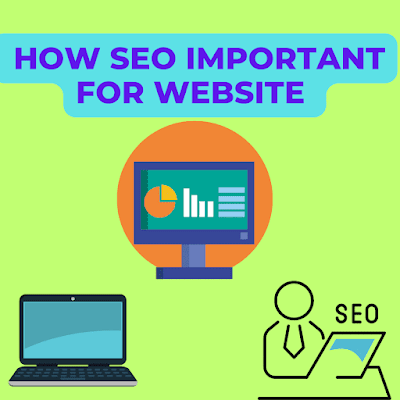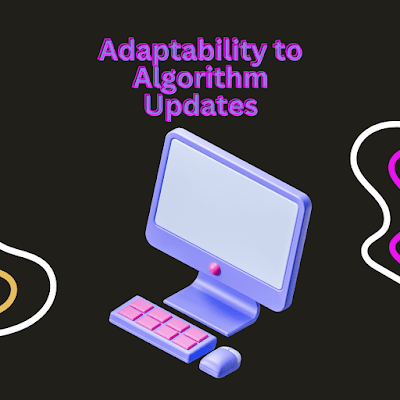Search engine optimization (SEO) is crucial for websites for several reasons. In today's digital landscape, where search engines like google, bing, ask and yahoo play a significant role in directing online traffic, having a well-optimized website can greatly impact its visibility, organic traffic, and overall success. This article will delve into the importance of SEO for websites, covering various aspects such as visibility, credibility, user experience, and long-term benefits.
1. Enhanced Visibility and Organic Traffic
The primary objective of SEO is to improve a website's visibility in search engine results pages (SERPs). When users search for relevant keywords or phrases, websites that are properly optimized have a higher chance of appearing among the top results. Achieving a high ranking in SERPs translates to increased visibility and exposure to potential visitors.
Increased visibility leads to higher organic traffic, which means attracting visitors who are genuinely interested in the content or products offered by the website. Organic traffic is vital as it often generates higher conversion rates compared to other traffic sources.
2. Credibility and Trust
Search engines are trusted sources of information for users. When a website ranks high in search results, it signals to users that the search engine considers it relevant, reliable, and trustworthy. Users tend to associate a website's credibility with its search engine ranking, and they are more likely to click on top-ranked results.
By investing in SEO and achieving higher rankings, websites can establish themselves as reputable sources within their niche, building trust among users and potential customers.
3. Improved User Experience
A core aspect of SEO involves optimizing a website's structure, design, and navigation to enhance the user experience. Search engines prioritize websites that offer a seamless and user-friendly experience. When users find it easy to navigate a website, locate desired information quickly, and enjoy fast loading times, they are more likely to stay longer, explore further, and ultimately convert.
Elements such as mobile responsiveness, intuitive navigation, well-structured content, and fast page loading contribute to a positive user experience, leading to increased engagement and improved SEO performance.
4. Targeted Traffic and Higher Conversion Rates
SEO allows websites to target specific keywords and phrases relevant to their content, products, or services. By optimizing for these keywords, websites attract highly targeted traffic consisting of users actively searching for information related to their offerings. This targeted traffic is more likely to convert into leads, sales, or other desired actions.
When a website appears in search results for precisely what users are looking for, it increases the chances of attracting motivated and interested visitors, leading to higher conversion rates.
5. Long-Term Sustainable Strategy
SEO is a long-term strategy that, when executed effectively, can yield sustainable results. While it may take time and effort to optimize a website and achieve higher rankings, the benefits can be long-lasting. Unlike paid advertising, where visibility and traffic cease once the campaign ends, the impact of SEO can endure over time.
A website that consistently appears in top search results can maintain a steady flow of organic traffic, reducing reliance on paid advertising and increasing cost-effectiveness in the long run.
6. Competitive Advantage
In today's highly competitive digital landscape, SEO can provide a significant advantage over competitors. Websites that invest in optimizing their online presence are more likely to outrank and outperform competitors that neglect SEO practices. Ranking higher than competitors in search results increases visibility and exposes the website to a larger audience, potentially capturing market share and driving business growth.
By staying ahead in SEO efforts, websites can gain an edge and establish themselves as leaders in their industry.
7. Adaptability to Algorithm Updates
Search engines frequently update their algorithms to deliver the most relevant and valuable results to users. While these updates can sometimes disrupt search rankings, websites with robust SEO foundations are better equipped to adapt. By following SEO best practices, regularly monitoring algorithm changes, and making necessary adjustments, websites can be maintain.








